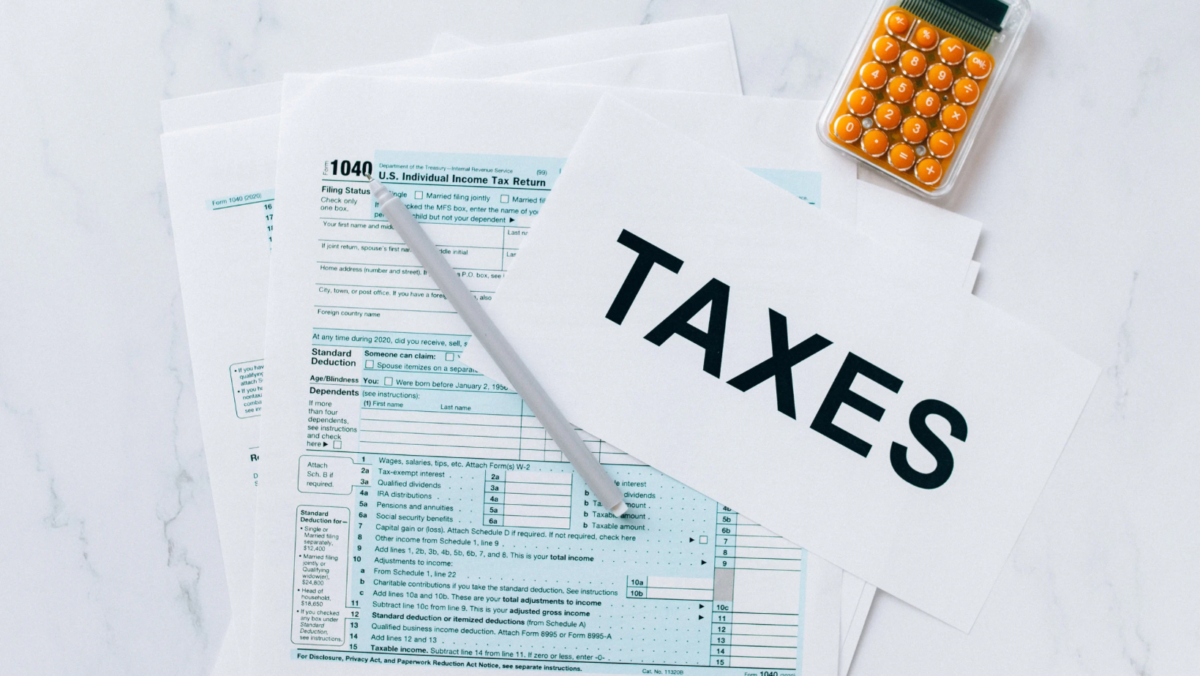If you’re looking to establish a business in the UAE, then understand all the necessary tax laws. Make sure that you follow all of them to avoid any hefty penalties or worse situations. In this aspect, there are certain tax incentives and exemptions in the UAE that you need to know that encourage business growth and foreign investment.
Overview of Tax Incentives and Exemptions in the UAE
- No Corporate Income Tax
An attractive feature for a business owner in the UAE is that there is no compulsion of corporate income tax. Most of the businesses can enjoy 100% of the profits they generate without any burden of paying income tax. Furthermore, this provides an opportunity for the business to reap full benefits by making UAE a highly tax-efficient destination.
- VAT Refund Scheme
A 5% VAT is a standard rate that many businesses need to pay. Besides that, there are also certain industries that can benefit from a VAT refund scheme. It majorly includes the industries of tourism, healthcare and education etc. By recovering the VAT you’ve paid on expenses, your business can effectively reduce its operating costs.
- Investment Incentives
The UAE government aims to encourage businesses to invest in key industries leading to an increase in economic growth. For this purpose, they provide various incentives to different businesses working in strategic sectors. Therefore, if you’re a business owner working in such a domain, you can avail of reductions in fees, support for research exemptions from customs duties, etc.
- Innovation and Entrepreneurship
Different seminars and webinars held all across the UAE help entrepreneurs make use of exciting opportunities. Not only that, it will let your business explore many new aspects and build partnerships all across the globe. Moreover, this element actively promotes innovation and can open up a way of getting many incentives.
Conclusion
From no corporate tax income to VAT refund schemes, businesses can avail of many incentives and exemptions in the UAE. This makes the UAE an attractive destination where many business owners can invest and initiate expansion. Hence, make use of the opportunities and avail of these tax advantages to thrive in the economic hub of UAE.



















